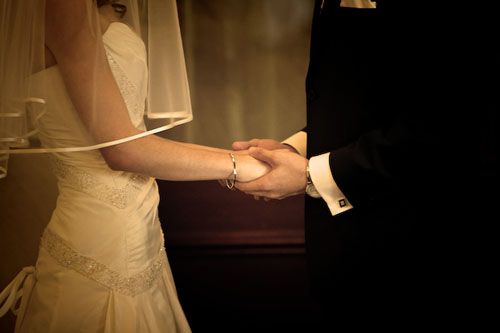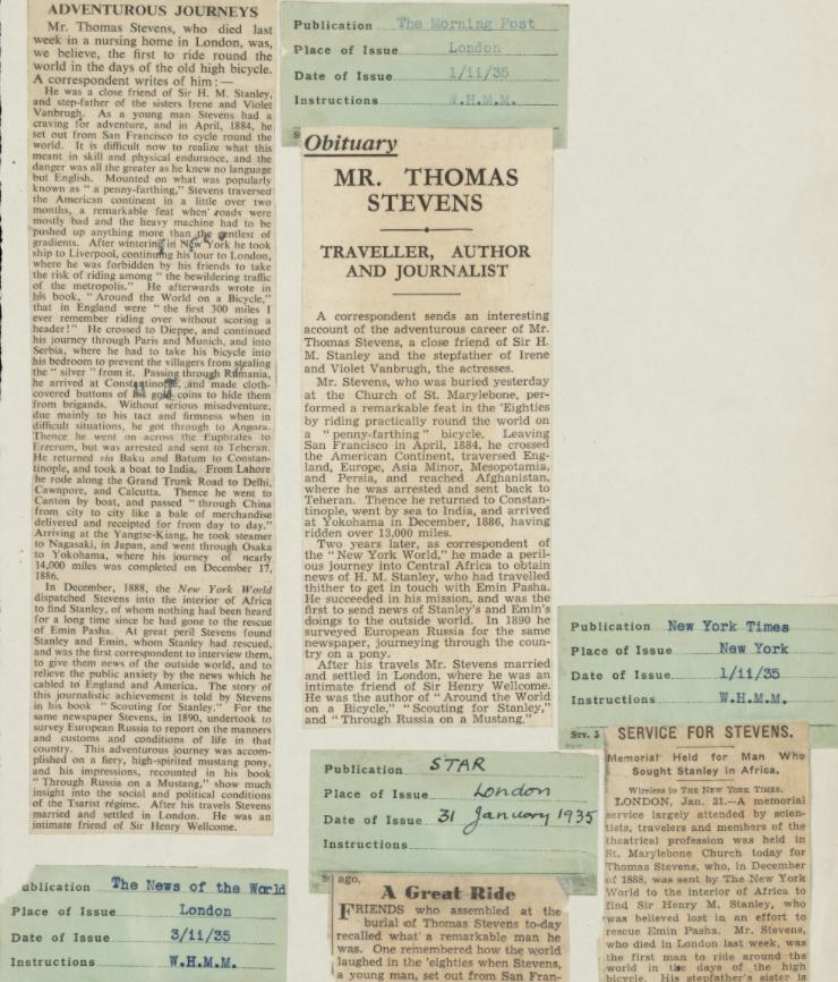“Marital love is a demanding and dying thing compared to the stuff of movies and mirages.” –Ann Voskamp

This morning, I counted more than 4 different advertisements for “wedding products” in my inbox. The offers range from reception decorations (sixty percent off custom coasters) to perfecting my “wedding body,” with deals on spin classes and tooth whitening kits.
“What busy bride has time to sit in a dentist’s office?” the advertisement asks, offering me a discount of over seventy percent, just so that I don’t “blow through my wedding budget on wedding essentials.”
For the past six months, the wedding industry has held my mailbox, my inbox, and my Facebook page captive. It has assumed that I have the same idea of a wedding essential that they do: nine hundred fake flower petals; His and Hers plastic goblets; bridal party tote bags that, in pink and silver sequins, display the most important title that I could possible bear: Bride.
It is a title that I did not expect to carry. I spent my twenties pursuing education and a whole life, trying to find healing for the various wounds of my childhood. I was graced with the love of my friends, and with the comforts of a city laced with rivers, friendly coffee shops, and antique bookstores. I perfected my banana bread recipe, got a beagle, became a college professor. And although I longed to marry, I also knew that my life was good.
When I met my fiancé, I did not think that my life had magically begun. If anything, the life I lived as a single person prepared me for Jeremy in the most important way: I had roots, experience, desires that were shaped by more than what I had seen in a wedding brochure. I had cultivated a life that would hold me, and that had helped me hold others.
And on our first date, in one of those friendly coffee shops, I felt my stomach drop with both fear and recognition: This guy is the one to hold me, and I’m the one to hold him.
What bothers me about the wedding industry is that it offers the image of the shopping spree, the Black Friday deal, where you are racing against the clock to purchase enough personalized knickknacks to help your guests remember that this day is about you, about your union, your commitment, your arrival into the promised land of wedded bliss. It turns your friends and family into patrons, people you have to entertain with videographers and personalized candies. It is product, plain and simple, both the wedding and all the days before it.
And this is where I relish lines from Wendell Berry, repeating the lines to myself: Love the quick profit, the vacation with pay. This is where I repeat the horror stories I’ve heard about weddings to my female students, whom I want to practice their own recipes, live their own lives. I once heard about a wedding where the bride spent sixty grand on flowers, I say. Sixty grand. Can you imagine?
I cannot imagine, but I’m also left with a discomforting sense of entitlement. If hyper-localism can produce its own kind of snobbery – where a restaurant could, say, deny my request for sriracha because it was not “made in Michigan” – I also see it in the other side of the wedding industry, the homemade/handmade/DIY crazes that dominate Pinterest and Etsy.
This is where my cynicism gets checked; I have spent hours perusing these sites, looking for broaches, wedding sashes, chalk boards for the reception table. And in my perusal, I have recognized the frenzied, demanding caricature of Bride in myself.
It is one thing to buy custom jewelry for your bridesmaids. It is quite another to throw a tantrum over the wedding invitation your fiancé designed, to say, “But what I want is important, and what I want is this cornflower matte-finished invite with the matching sparrow stamp!”
If the wedding industry is a monster, it is because we make it one. Regardless of taste or disposition, to look at a single day as “belonging” to you, and to look at wedding essentials as party planning, ignores the truth of what a wedding is: a blessing, a sending forth, a promise to hold the life and hopes of two people in the community, the family, that they love. To bless the life that keeps coming.
One of my friends, after I shared this with her, made a helpful observation. “We need a different image for engagement,” she said. “It’s a desert, really. Here you are, essentially becoming married, wrestling with your demons, and all you’re told is that the wedding is the biggest day of your life, like that’s the only thing worth your attention.”
It might really be that the wedding day, as a blessing, is a chance to bless the ones you love with what you can give, and Jeremy and I have been working to figure out what that looks like. But we are being asked to give more than a party. We are being asked to give ourselves, to give our hearts and lives to the work of the life that calls us together.
If it is true that engagement is a desert – and that marriage, as the Orthodox say, is just as demanding as a monastic life – what is being demanded of me is a scouring of my whole being: my faults, my insecurities, my selfish demands.
And in our engagement, I am finding Jeremy to be stronger, and more loving, than I could have imagined. I am finding that what I have to give him, and the ones I love, is a dying of self, what Berry names as a marriage essential:
“What I am learning to give you is my death / to set you free of me, and me from myself
/ into the dark and the new light”
I may not have expected to be a bride, but in the deepest way, I am becoming one – a woman made stronger by a love that demands from her, a love that does not hoard, but wipes clean. A love that sends forth and calls back, a love that helps us hold one another.
The years ahead of us contain more than we can imagine. There will be more deserts. But at our reception, we will eat pie and homemade cake. Our guests will collect snapdragons and play old board games. And we will dance on the grass and watch the dusky summer light rise around us, a small clearing in the woods, a moment that will truly hold us.




